Fleets say they are ready to walk away from some established manufacturer relationships after branding the level of service they are receiving as “disgraceful”.
A lack of transparency over vehicle availability, long lead times and vehicles being cancelled at the eleventh hour have left fleet decision-makers angry.
Paul Hollick, chair of trade and training body Association of Fleet Professionals (AFP), says members are fed up with the standard of service received from manufacturers, with some ready to vote with their feet and source their cars and vans from elsewhere.
He told the February broadcast of Fleet News at 10: “The standard of service that we've been dealing with for a number of years is rubbish.
“When we’re trying to find out availability and pricing of vehicles, people just aren’t returning calls. “We’re not having open, authentic conversations with OEMs (original equipment manufacturers) any more about what they think they can do and how they can help us out.”
“We do have long memories and these people won’t even get through the door moving forward,” Matt Hammond, Altrad Services
‘SICK TO DEATH’
Matt Hammond, head of fleet at Altrad Services, labelled the sector’s treatment by OEMs as “disgraceful”, saying he was “sick to death” of order books for vehicles being opened only to be shut again.
“You’ve got orders in for six, eight, nine, 10 months, and then they just send you an email saying you’re not going to get your vehicles,” he said.
“I’ve got manufacturers that have had trucks on order for 10 months and they’ve put the price up three times, and then hold me to ransom saying ‘if you don’t want it, I’ll give it to somebody else’. It’s absolutely disgraceful.
“You’ve got no say, no clout, no loyalty from anybody and they’re all just as bad as each other.
“I don’t understand how they think they can get away with this and expect relationships to carry on like they were before it all happened.
“We do have long memories and these people won’t even get through the door moving forward.”
Lee Jackson, head of fleet and transport at Marston Holdings, described how one order had stretched back for two years, after a series of delays.
He was told via email that half the order had been cancelled, with “no explanation, no consultation, no compensation, no alternative”.
He said: “How can you work in a fleet and manage the expectations of your customers and your clients and your workforce to get the best out of that scenario?
“The impact is significant and there doesn’t seem to be any ownership or accountability from the OEMs.
“They need to be more transparent, more forward thinking, more supportive and they need to be listening to the challenges we’re facing.”
National Grid fleet manager Lorna McAtear, suffering similar problems with vehicle delays and cancellations, described the situation as “shocking”.
“My drivers are calling me a liar. I don't like being called a liar and it is because you guys are lying to us all the time,” she said. “There is no transparency; there is no honesty.”
SUPPLY CHAINS SQUEEZED
Vehicle production plummeted during the pandemic as factories closed and staff were furloughed, while a global shortage in semiconductors and the war in Ukraine have helped fuel long lead times. But, while production has now increased, longer lead times have become the norm as manufacturers struggle to meet pent-up demand.
Volume discounts have also disappeared for fleets as the manufacturers increasingly take an agency approach to vehicle pricing, recognising that profits can be maintained or even enhanced by selling fewer vehicles.
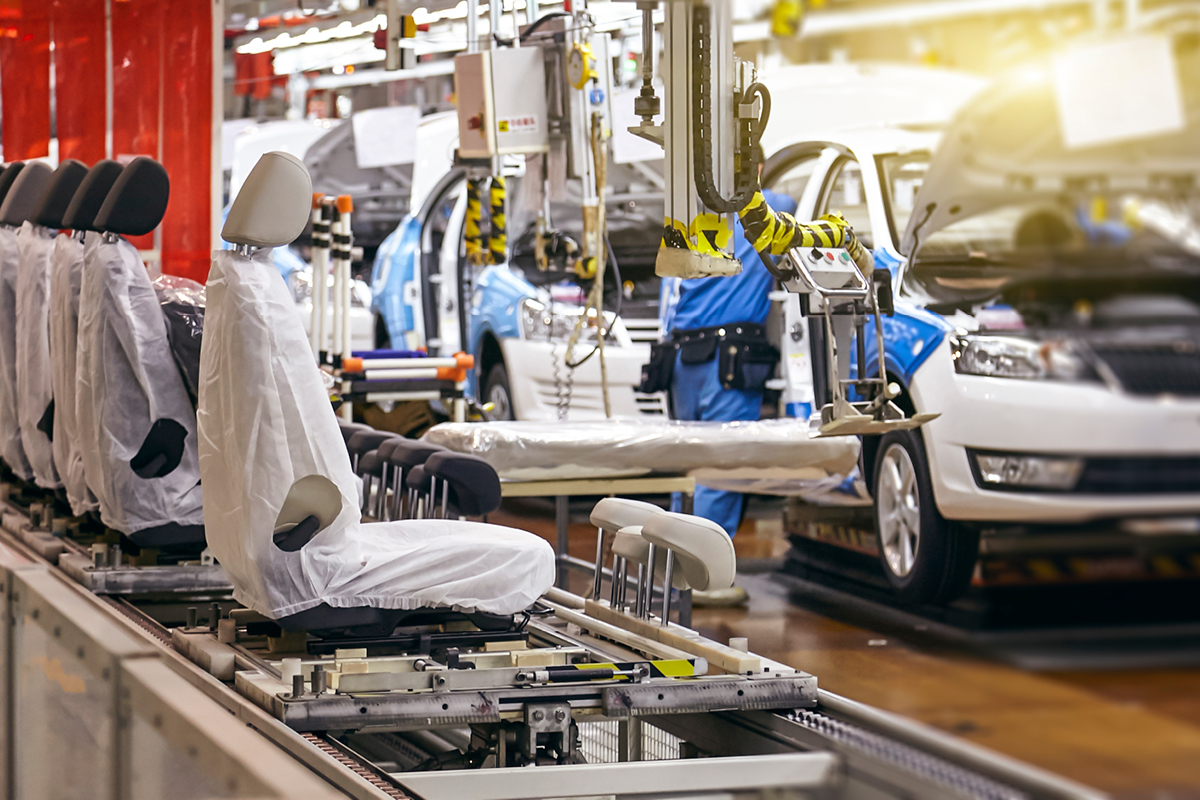
Fleet and business new car registrations increased by almost 29% in February to 45,050 units, according to the Society of Motor Manufacturers and Traders (SMMT), compared with 31,210 in February 2022.
Year-to-date, fleet and business registrations stand at 117,405 units, a 40% uplift on the 83,960 new company cars registered in the first two months of last year.
But, with fleets still facing long lead times on some models and disillusioned by cancellations and poor service levels, newcomers to the sector, particular from China, look set to take advantage.
“There’s a lot of disruptors and new products entering the market that will really change the landscape, particularly in electrification,” said Emily Buckley, strategic fleet manager at Defra Group Fleet Services.
However, she added: “It does pose some challenges for fleet in terms of maintenance, warranty, work, etc. that we need to consider as we're looking at this broader range of manufacturers, but I think it creates a real opportunity.”
CHINESE OEMS TARGET UK MARKET
Competitive offerings from Chinese OEMs have already made it more difficult for some western manufacturers to compete in the Chinese automotive market.
This was evidenced by the GAC Stellantis Jeep manufacturing joint venture filing for bankruptcy in October 2022. Meanwhile, Stellantis CEO Carlos Tavares has indicated that Peugeot and Citroën could exit manufacturing in the Chinese market.
Owen Edwards, head of downstream automotive at Grant Thornton UK LLP, said: “With China’s advanced battery technology, sourcing of raw materials and more advanced BEV (battery electric vehicle) supply chain, Chinese OEMs can produce BEVs €10,000 (£8,824) cheaper than European automakers, representing a significant cost advantage.”
Europe is primed for an influx of Chinese brands over the next 12-24 months as Chinese BEV OEMs supply value-for-money models into the premium and mass market, aiming to gain market share quickly.
Industry experts suggest this could push down BEV and internal combustion engine (ICE) vehicle prices for fleets and put European OEMs’ margins under pressure.
While Chinese-owned MG has been gaining traction at the value end of the EV market for the past few years, Great Wall’s Ora launched in the UK at the end of last year and BYD (Build Your Dreams) revealed its 261-mile range Atto 3 this month.
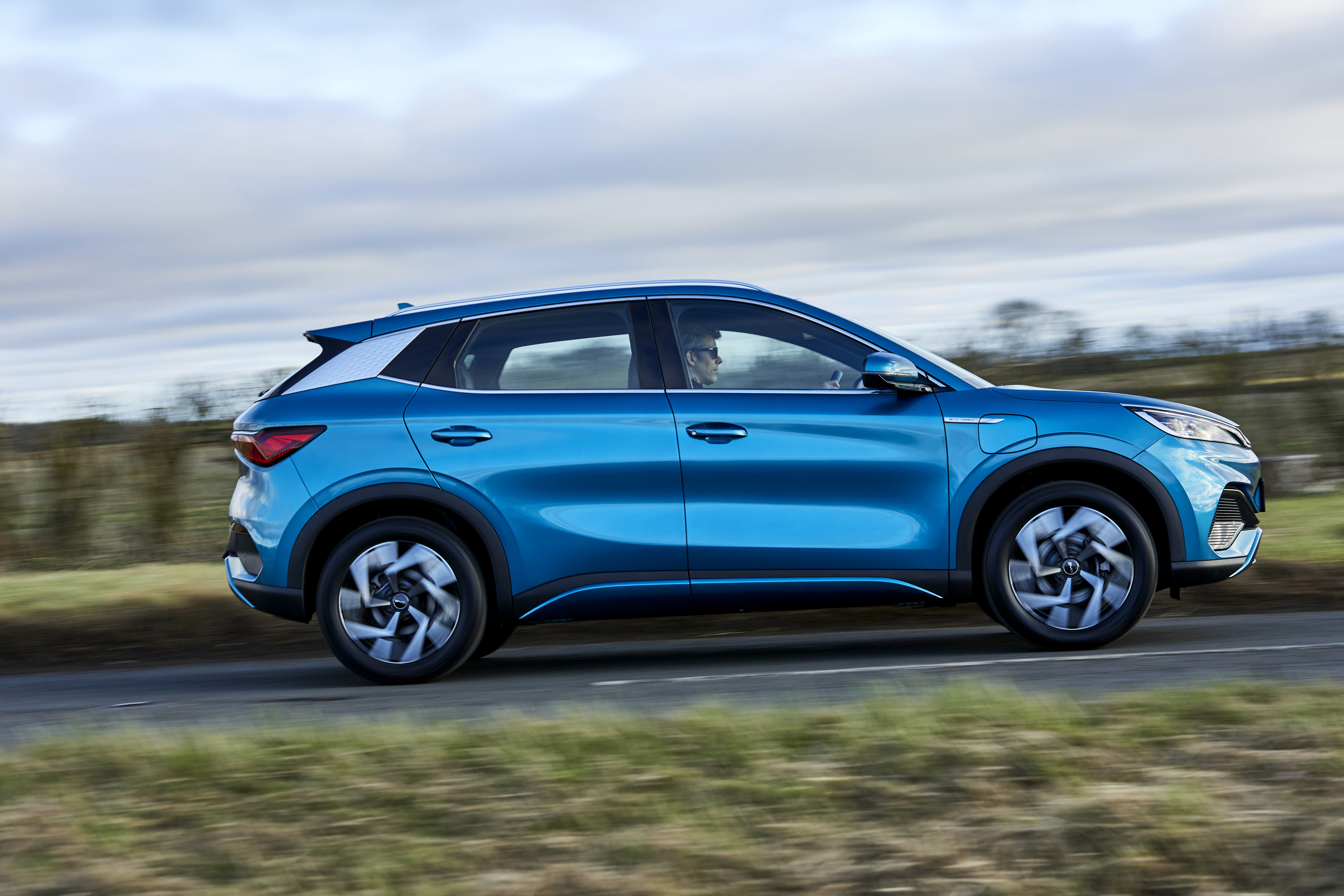
Lynk & Co, Omoda and Nio are also lining up to offer EVs to UK customers.
Lynk & Co is owned by Geely, the Chinese company that owns Volvo. Its plug-in hybrid 01 SUV shares the same platform as the XC40 and a UK launch is planned for this year. It will be sold directly to customers online with servicing carried out by the Volvo dealer network.
A UK launch for Nio is tipped before the end of 2023 with models including the ET5, ET7 and EL7 already on sale in several European markets, such as Germany and the Netherlands.
“We want to aim for a consistent policy on discounts and terms and we won’t overload the market with volume,” Eris Yahsi, BYD
'AGGRESSIVE’ VEHICLE PRICING
In its domestic market, BYD was the strongest-performing Chinese OEM in 2022, selling 1.62 million BEVs and hybrids, a 132% year-on-year increase.
Its value has soared to $128.8 billion (£106bn), making it the world’s third-largest automotive company by market capitalisation after Tesla (£610bn) and Toyota (£188bn).
As it launches in the UK, BYD is bucking the trend for new entrants to go direct to the buyer – a move also being taken by traditional OEMs via new agency agreements – and has set up a franchised dealer network to handle sales.
It is promising three-month deliveries times, which will appeal to many fleets getting impatient with the more typical 12-18- month availability from other brands.
Eris Yahsi, BYD head of corporate sales and used cars Europe, said the manufacturer was in discussions with leasing companies to agree pricing frameworks although terms are already available for any fleet looking to place an order.
“We have signed some partnerships and are in discussions with others, including for white label finance,” Yahsi said.
“We want to aim for a consistent policy on discounts and terms and we won’t overload the market with volume.”
Bono Ge, BYD UK country manager, added: “We have 19 models on sale in China and we will be making a decision about which ones are relevant for the UK. These include vans and trucks as well as cars.”
Philip Nothard, insight and strategy director at Cox Automotive, said: “Chinese brands are pricing aggressively in their home market and show more willingness to compete on price than European and American OEMs such as BMW, Stellantis, MercedesBenz, Ford, and Tesla.
“Currently, retail prices are not significantly lower than European and American OEMs. However, they are substantially better equipped with full infotainment and ADAS (advanced driver assistance systems).”
LeasePlan was one of the first companies to start offering the new Ora Funky Cat to UK fleet customers in November, last year.
Chris Black, LeasePlan commercial director, said: “We displayed the Ora Funky Cat at Fleet & Mobility Live in 2022 and saw significant attention from curious visitors to the stand, indicating growing interest in Chinese EV manufacturers.”
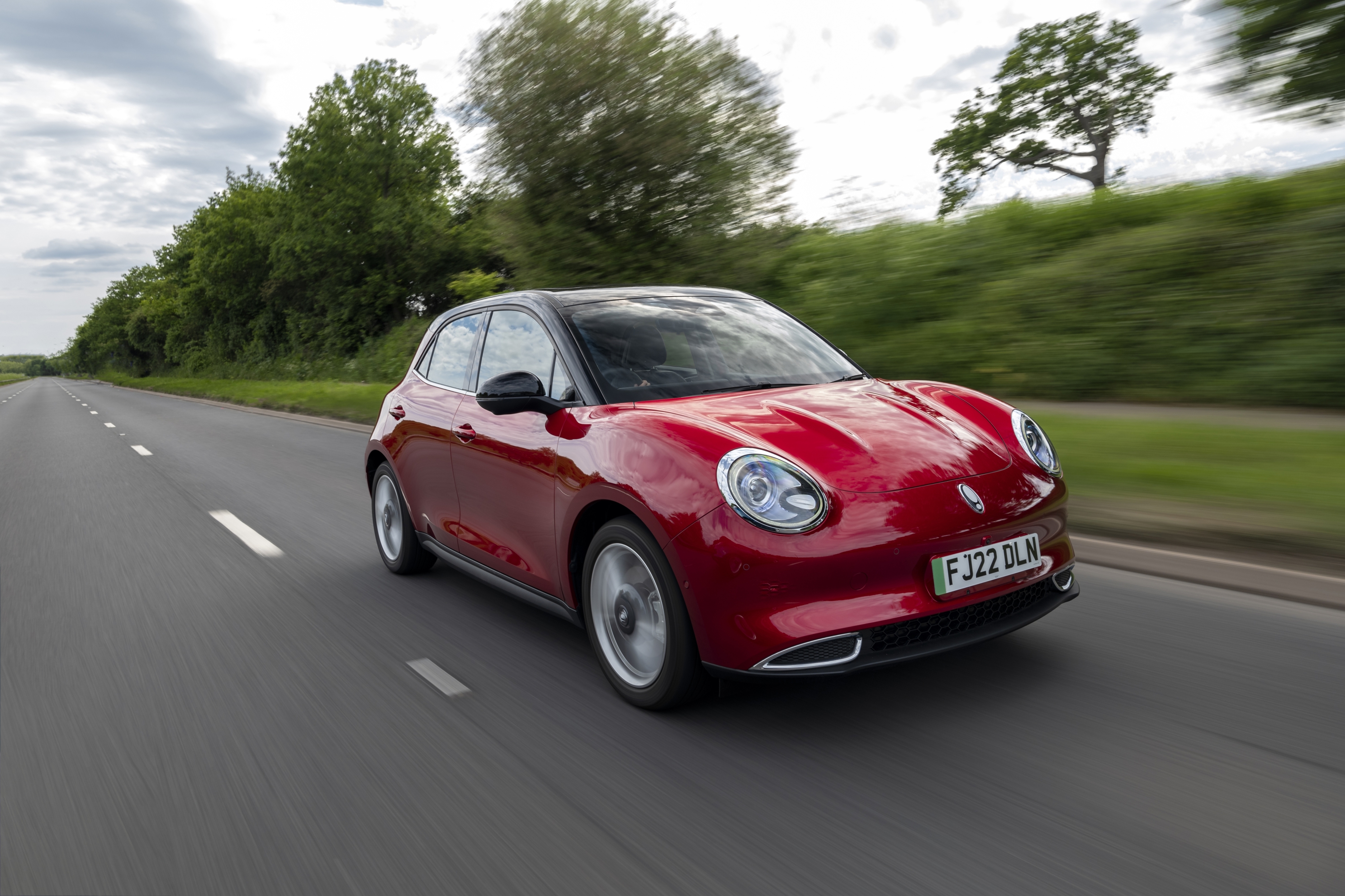
CHINA’S HEAD START
Black believes China is reaping the rewards of backing EVs early with around 80% of automotive batteries made in China.
He explained: “Chinese manufacturers have a head start on economies of scale to get the price of EVs down, and, of course, it means the most expensive components of European EVs aren’t even made in Europe.
“Cheaper EVs will make the transition for drivers and fleets more affordable. In turn, it pushes European manufacturers to compete (as they already have with Tesla), but this time on price.”
Chery Automobiles will launch in the UK under the brand name Omoda in February 2024. It already exports 450,000 vehicles a year.
Its first car will be the Euro NCAP five-star crossover SUV, the C5, initially as petrol, then all-electric. Multiple EV models, both larger and smaller than the C5, will follow.
Chery has already launched in righthand markets such as Australia, which was used as a test case before expanding to the UK. Victor Zhang, Chery UK manager, told Fleet News: “We’re still confirming a price point for the UK.”
Read more from the AFP’s Paul Hollick on why the trade group’s members are unlikely to forgive and forget manufacturer inaction.

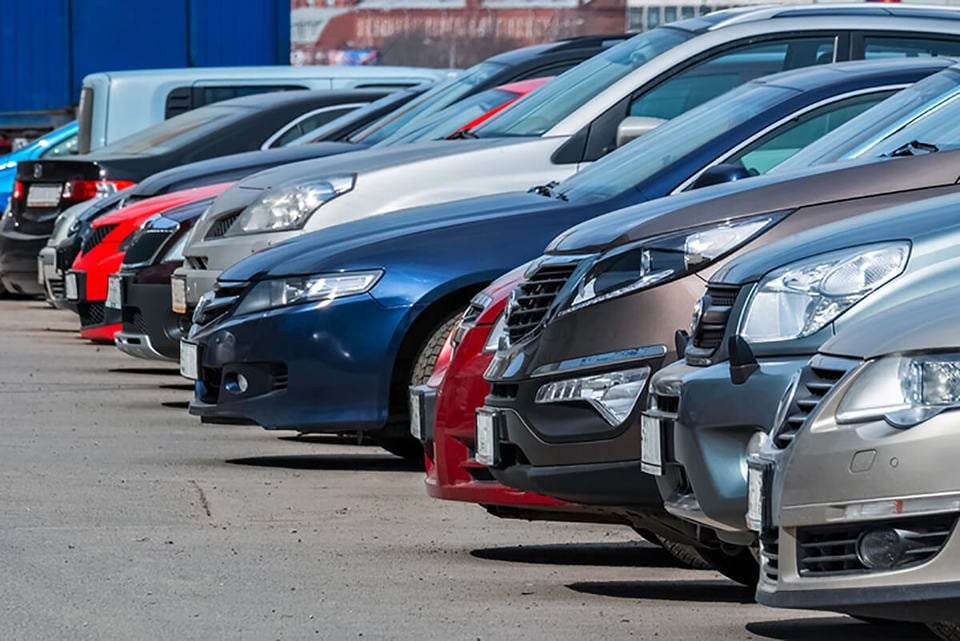




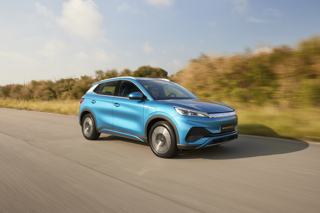
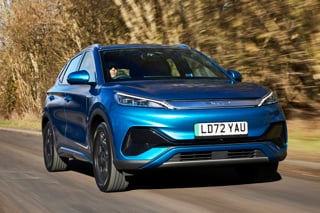
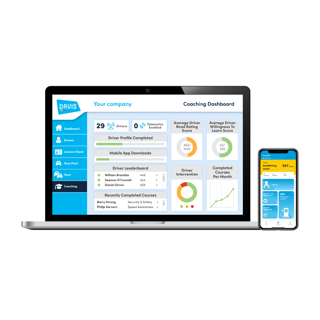











Login to comment
Comments
No comments have been made yet.